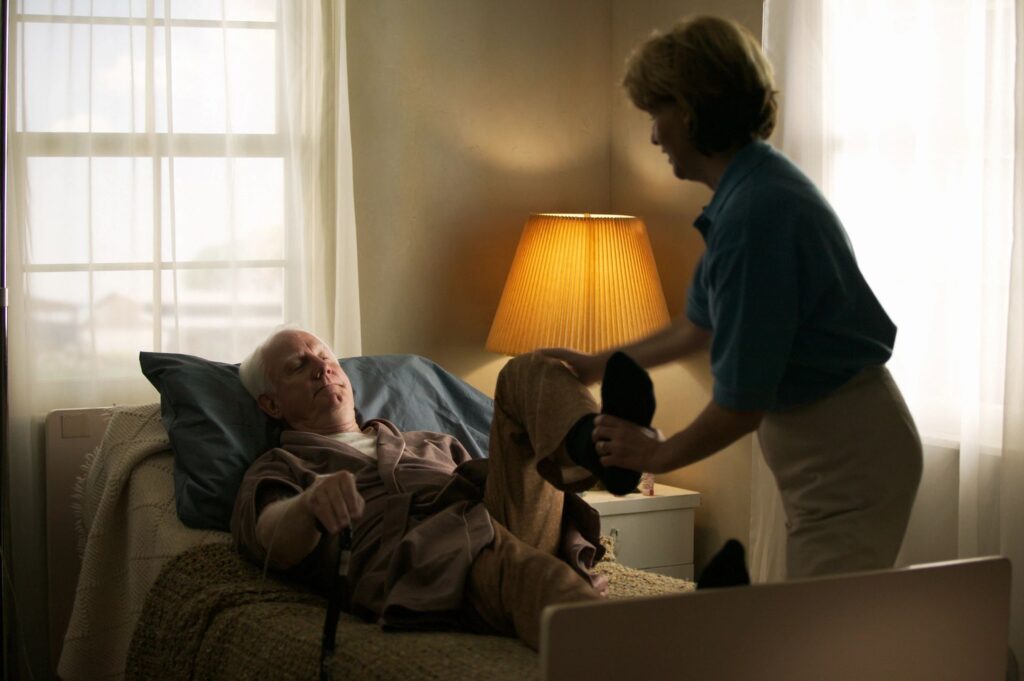Essential Tips for Post-Operative Care at Home
Essential Tips for Post-Operative Care at Home
Undergoing surgery is a significant event that requires not only careful consideration and preparation but also diligent post-operative care. After a surgical procedure, proper care and attention during the recovery period can greatly enhance the healing process and minimize complications. In this blog post, we will explore some essential tips for post-operative care at home, ensuring a smooth and successful recovery.
Get Better With Algebra Healthcare

Your Good Health Is Just A Call Away Visit our Social Media & Read Blogs
Your Good Health Is Just A Call Away
+971 501 317 063 / 800 200 100

Follow Your Doctor's Instructions:
First and foremost, it is crucial to adhere to the specific instructions provided by your doctor or surgeon. They will provide you with personalized advice based on your surgical procedure, medical history, and overall health. Make sure to understand these instructions clearly and follow them diligently to promote healing and minimize potential risks.
Pain Management:
Pain and discomfort are common after surgery. Follow the prescribed pain medication schedule provided by your healthcare professional. If you experience severe or unmanageable pain, contact your doctor for further guidance. Additionally, alternative methods such as ice packs or heating pads, as advised by your doctor, can help alleviate localized pain.
Wound Care:
Proper wound care is vital to prevent infections and ensure optimal healing. Keep the surgical incision clean and dry, following your doctor’s instructions on wound care. This may involve gentle cleaning with mild soap and water, applying antibiotic ointment, and changing dressings regularly. Avoid picking at or scratching the wound to minimize the risk of infection.
Monitor for Signs of Infection:
It’s important to monitor your surgical site for any signs of infection. These may include increased redness, swelling, warmth, pus, or foul odor. If you notice any of these symptoms, notify your healthcare provider immediately. They will assess the situation and provide appropriate guidance to prevent the infection from spreading.
Manage Activity and Rest:
Balancing activity and rest is crucial during the recovery period. While it’s essential to avoid strenuous activities that could strain your incision or slow down the healing process, it’s equally important to engage in light movements and exercises, as recommended by your healthcare provider. Gradually increase your activity level over time but avoid overexertion.
Maintain a Healthy Diet:
A nutritious diet is essential for the healing process. Follow any dietary guidelines provided by your doctor, ensuring you consume a balanced diet rich in vitamins, minerals, and protein. Adequate hydration is also important for promoting recovery. Avoid excessive consumption of alcohol and caffeine, as they may interfere with the healing process.
Seek Emotional Support
Recovering from surgery can be physically and emotionally demanding. Don’t hesitate to seek emotional support from friends, family, or a therapist if needed. They can provide encouragement, help with daily tasks, and assist in managing any emotional challenges you may face during this period.
Follow-Up Appointments:
Attend all scheduled follow-up appointments with your healthcare provider. These appointments are crucial for assessing your progress, removing stitches or staples, and addressing any concerns you may have. Discuss any ongoing symptoms or complications with your doctor during these visits.
Post-operative care plays a vital role in the healing process after surgery.
By following the tips mentioned above and closely adhering to your doctor’s instructions, you can ensure a smoother and successful recovery at home. Remember to prioritize rest, monitor your wound, manage pain, and seek professional help whenever necessary. With proper care, support, and patience, you will be on your way to a healthy and active life once again.

